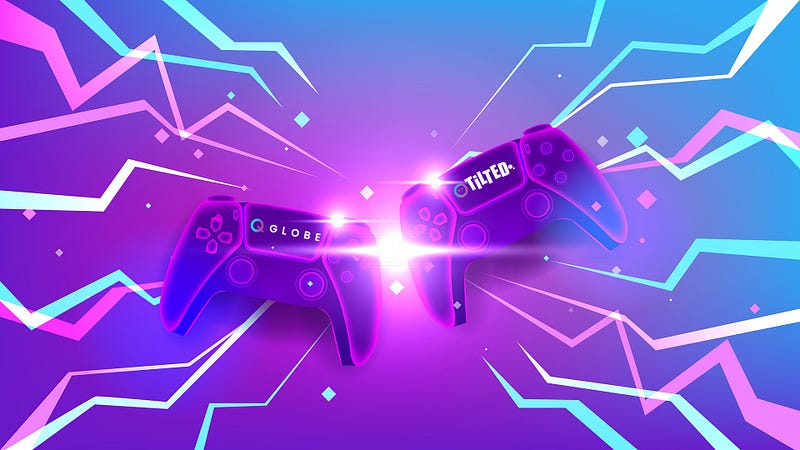
The impact of web3 gaming, on the overall gaming industry and the future of gaming as a whole, is a topic that is gaining more attention in recent years. Web3 gaming utilizes blockchain technology to create decentralized and transparent game mechanics, which has the potential to disrupt the traditional gaming industry in a number of ways.
One major impact of web3 gaming is the democratization of game development and distribution. With web3 gaming, game developers can create and distribute their games without the need for a centralized publisher or intermediary. This allows for more diverse and innovative games to be created and greater opportunities for indie game developers. This also means that players will have access to a wider variety of games and developers will have more opportunities to reach new audiences.
Another major impact of web3 gaming is the creation of true digital ownership for in-game items and assets. Through the use of non-fungible tokens (NFTs), players can truly own their in-game items and assets and have the ability to trade and sell them on decentralized marketplaces. This can create a whole new market for virtual goods and assets, and open up new revenue streams for game developers. This also means that players will have more incentive to invest time and money in the games and will be more engaged in the game.
Decentralized finance (DeFi) integration in web3 gaming also has the potential to revolutionize in-game economies. By using smart contracts, players can earn interest on in-game assets and participate in other financial activities, creating a more dynamic and engaging in-game economy. This also means that players will have more opportunities to earn real money by participating in the game’s economy, which will attract more players to the game.
Web3 gaming also has the potential to foster new forms of community and player engagement through decentralized autonomous organizations (DAOs). This allows players to have a say in the governance and direction of the game, creating a more inclusive and engaging gaming experience. This also means that players will have more control over the game they are playing, which will lead to a more satisfying gaming experience.
However, web3 gaming is still a relatively new and emerging technology, and there are still several challenges that need to be addressed, such as scalability and user experience. Scalability is a big issue for web3 games, as the technology is still new and not yet able to handle the number of players and transactions that traditional games can handle. User experience is another issue, as the technology is still new and not yet able to provide the seamless and intuitive experience that traditional games can provide.
In conclusion, web3 gaming has the potential to disrupt the traditional gaming industry in a number of ways, from democratizing game development and distribution to creating true digital ownership for in-game items and assets. The integration of decentralized finance (DeFi) in web3 gaming also has the potential to revolutionize in-game economies. It also has the potential to foster new forms of community and player engagement through decentralized autonomous organizations (DAOs). However, the technology is still new and there are several challenges that need to be addressed, such as scalability and user experience. Despite these challenges, the impact of web3 gaming on the overall gaming industry and the future of gaming as a whole is something worth keeping an eye on as the technology and industry continue to evolve.
